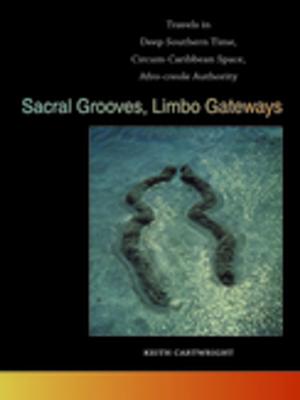The Three Paradoxes of Roland Barthes
Fiction & Literature, Literary Theory & Criticism, Theory, Nonfiction, Religion & Spirituality, Philosophy| Author: | Patrizia Lombardo | ISBN: | 9780820346595 |
| Publisher: | University of Georgia Press | Publication: | July 1, 2013 |
| Imprint: | University of Georgia Press | Language: | English |
| Author: | Patrizia Lombardo |
| ISBN: | 9780820346595 |
| Publisher: | University of Georgia Press |
| Publication: | July 1, 2013 |
| Imprint: | University of Georgia Press |
| Language: | English |
Revolution must of necessity borrow, from what it wants to destroy, the very image of what it wants to possess.—Roland Barthes
In the field of contemporary literary studies, Roland Barthes remains an inestimably influential figure—perhaps more influential in America than in his native France. The Three Paradoxes of Roland Barthes proposes a new method of viewing Barthes’s critical enterprise. Patrizia Lombardo, who studied with Barthes, rejects an absolutist or developmental assessment of his career. Insisting that his world can best be understood in terms of the paradoxes he perceived in the very activity of writing, Lombardo similarly sees in Barthes the crucial ambiguity that determines the modern writer—an irresistible attraction for something new, different, breaking with the past, yet also an unavoidable scorn for the contemporary world. Lombardo demonstrates that her mentor’s critical endeavor was not a linear progression of thought but was, as Barthes described his work, a romance, a “dance with a pen.”
Revolution must of necessity borrow, from what it wants to destroy, the very image of what it wants to possess.—Roland Barthes
In the field of contemporary literary studies, Roland Barthes remains an inestimably influential figure—perhaps more influential in America than in his native France. The Three Paradoxes of Roland Barthes proposes a new method of viewing Barthes’s critical enterprise. Patrizia Lombardo, who studied with Barthes, rejects an absolutist or developmental assessment of his career. Insisting that his world can best be understood in terms of the paradoxes he perceived in the very activity of writing, Lombardo similarly sees in Barthes the crucial ambiguity that determines the modern writer—an irresistible attraction for something new, different, breaking with the past, yet also an unavoidable scorn for the contemporary world. Lombardo demonstrates that her mentor’s critical endeavor was not a linear progression of thought but was, as Barthes described his work, a romance, a “dance with a pen.”















